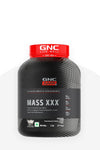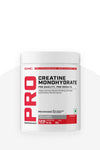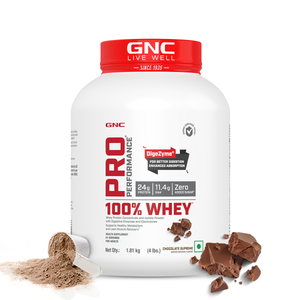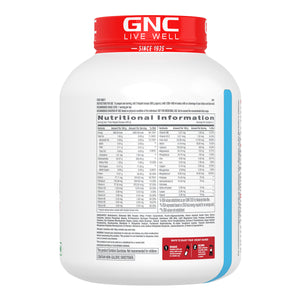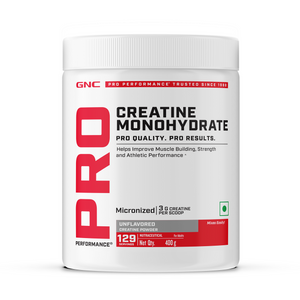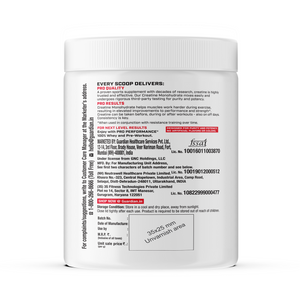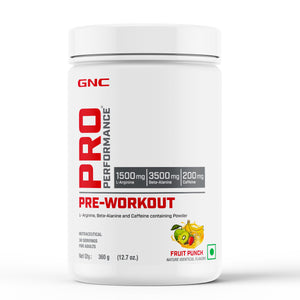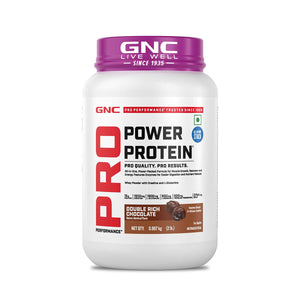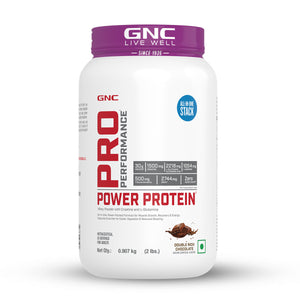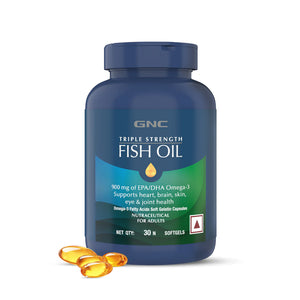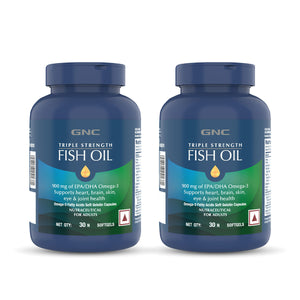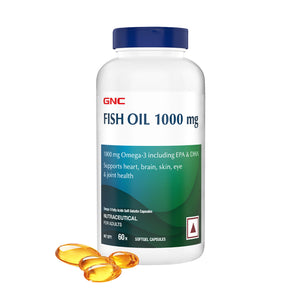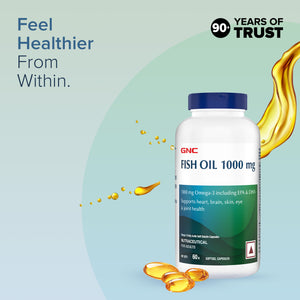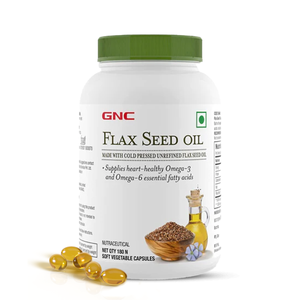
Fish oils are rich in omega-3 fatty acids, Eicosapentaenoic acid (EPA) and Docosahexaenoic acid (DHA). The natural sources of fish oils would be wild salmon, mackerel, tuna, herrings, and sardines.
WHO defines Healthy Ageing “as the process of developing and maintaining the functional ability that enables wellbeing in older age”
But, in today’s age, we are living longer burdened with disease, its high time we start focusing on the quality of life and not just longevity
Higher blood levels of omega-3 fatty acids, good quality fats found in fishes are linked to a healthier old age, according to a new study. This was one of the longest studies which included more than 2000 subjects. These subjects were asked to consume fatty fishes twice a week. It showed improvement in the quality of their life.
Out of all, 11% of subjects in the above study had experienced no heart disease, cancer, physical limitations, cognitive issues or any problems with daily living. This way their quality of life improved leading to healthy aging.
But this was an observational study and more and more studies are required to confirm the benefits of omega-3 fatty acids over healthy aging.
Meanwhile, we can list down the potential benefits of fish oil over healthy aging:
- Fish Oil Helps Boost Bone Density: It is very common to consume more of Omega-6 fatty acids – which are found in our daily oils like sunflower or corn oil. Hence, the balance between omega-3 and omega-6 is very important, to avoid low bone density in both men and women. A study has shown that diet rich in anti-inflammatory nutrients may help reduce bone loss and improve bone density. Fish Oil, rich in omega-3 fatty acids an important anti-inflammatory nutrient to protect your bones. It is recommended to consume fatty fishes twice or thrice a week.

-
Fish Oil Supports Eye Health: Fish Oil contains 2 important omega-3 fatty acids, Eicosapentaenoic acid (EPA) and Docosahexaenoic acid (DHA), out of which DHA plays a vital role in maintaining proper eye health. Research has shown that a minimum of 250mg of DHA should be consumed daily to achieve optimal eye health. DHA is high amounts in the retina and it is important to maintain the amount. If the amounts are maintained, then DHA can help avoid dry eye syndrome. Dry Eyes Syndrome is a disease of the ocular surface and tears film that is prevalent in older adults.

Fish Oil and Eye Health -
Fish Oil Provides Memory Support: Fish oil is brain food. Cognitive decline is very common during aging. An omega-3 fatty acid found in fish oil provides lots of benefits for the brain and overall health. It can also help support normal memory and normal cognitive function as you age. Omega-3 fatty acids also protect nerve and brain cells from oxidative damage.

Brain and Omega Fish Oil Supports Heart Health: The body cannot make Omega 3s by itself, so it needs to be ingested through the diet or via supplements. Omega 3 fatty acids are being studied extensively to understand whether it can help improve heart health. And, the answer is definite yes. A landmark study involving over 11,000 participants has confirmed the major benefits of fish oil on cardiovascular health. The omega-3 fatty acids found in fish oil are necessary for heart health. They help support normal, healthy cholesterol levels and are necessary for the maintenance of normal blood pressure. Individually, EPA is important for circulatory system health, and DHA provides support for healthy triglyceride levels.

How to Choose a Fish Oil Supplement
The market is flooding with various types of fish oil supplements. We need to keep certain guidelines in mind, before buying any supplements.
Purity: The fish oil supplement should be free from all the heavy metals like mercury, lead or any harmful toxins.
Potency: GNC Triple Strength Fish Oil is a High-potency, clinical-strength fish oil.
Taste: Each capsule should not give those bad fishy burps post consuming the capsule. Hence, check for the term “Enteric Coated” This ensures the quality of the fish oils.
Quality Testing: The test done can help ensure the quality of the fish oil. Only the best quality ingredients derived from wild, deep ocean fish are used: mainly anchovies and sardines.
How much Fish oil do I need every day?
According to the American Heart Association, one needs to have a minimum of 3 servings of fatty fishes or to supplementing daily with about 500mg of EPA and DHA. As per ICMR, one needs to consume a minimum of 250mg/d to 2g/d to get the benefits. Alternatively, if fish is not a part of your normal diet, then you should take a fish oil supplement daily that contains at least 900 mg of EPA and DHA.




